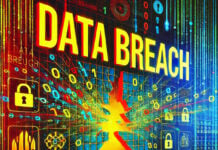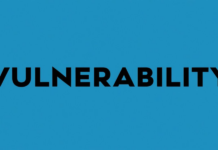
NATO released a public statement in the early hours of Friday in which it stated that the latest NotPetya ransomware which hit more than 12000 devices across 60 countries was looking like an ‘Act of War’ launched by a state-funded actor/s.
On Tuesday this week, a ransomware variant mimicking the whereabouts of Petya ransomware hit computer systems operating across Europe. Ukraine was the worst affected nation in this cyber attack followed by Germany, UK, and China.
A team of researchers working for Cooperative Cyber Defense Center of Excellence(CCD COE) of NATO analyzed some points in the latest cyber attack and confirmed that the attack was launched by a state actor or a non-state actor with support and approval of a nation;s leader. The team researching on this issue came to the conclusion based on the theological analysis which diagnosed the attack to be too complex and very expensive.
Experts confirmed that the attack was launched with a separate motive and not with a financial intent, as the method of collecting ransom was poorly designed that would not even cover the cost of the operation.
NATO also added in its statement that the attack could trigger Article 5, the principle of collective defense. Means the attack was meant to violate a nation’s sovereignty and was a pure demonstration of the culprit’s ability to cause disruption.
Meanwhile, Ukraine witnessed a second strong cyber attack on late Thursday and this time the target was the state power distributor Ukrenergo. It was a virus attack but was a different one from what companies operating in Ukraine experienced early this week.
Vsevolod Kovalchuk, the Chief of Ukrenergo said that the second attack witnessed this week was similar to that of Wanna cry. And the good news is that the attack could not compromise any systems at the power grid





















